Terminology extraction and management
Angelika Zerfass
Week 30, 29 July 2021, 15:00–17:00
During this webinar, Angelika will be posing and providing answers to the following questions:
• What is a term (the view of the terminologist versus real life)?
• How are term bases structured, i.e. what kind of information can you save with your terms?
• How do you go about collecting terminology in your translation tool?
• Importing/Exporting term lists (how to structure the import list for easy import).
• How do translation tools recognize terms from the term base in the documents (settings)?
• How do translation tools check whether (forbidden) terms have been used in the translation?
• Extracting terms from text (with and without a term extraction tool).
Click here to register
About the presenter
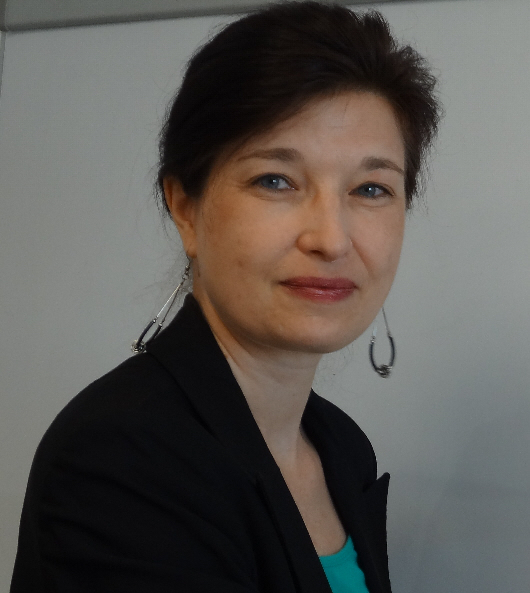
After her studies at the University of Bonn, Germany (translation degree in Chinese, Japanese and Computational Linguistics), Angelika Zerfass worked for the Japanese Embassy in Bonn and then for Trados (1997-2000) as a training and support specialist in Japan, Ireland and the US. In 2000, Angelika started her own business for training, consultancy and technical support. Since then, she has been working as an independent consultant and trainer for translation tools and technologies, located in Germany. She is also a frequent speaker at conferences all over the world.
The plain truth: applying Plain Language to creating accessible, user-friendly texts
John Linnegar
Week 31, 7 August 2021, 10:00–13:00
PLAIN (the international association of plain-language professionals) has drafted this definition:
‘A written communication is in plain language if its wording, structure, and design are so clear that the intended readers can easily find what they need, understand it, and use it.”
This requires authors to make informed judgments about whether the text (”wording”) is clear enough. It also means using good organisation (“structure”) and layout (“design”) to help them navigate.’
During this webinar, the aim will be to help practitioners learn how to harness Plain Language (or plain English) principles to improve the flow, accessibility and easy comprehension of authors’ texts. The aim is to introduce participants to a suite of handy Plain Language techniques with which to turn verbose, high-register texts into those that the identified readers will find accessible and understandable at first reading.
‘The message is important, not the fancy language wrapped around it.’
(George Orwell)
It’s astonishing how many writers feel they need to ‘dress up’ their writing to the extent that they lose their natural (aka plain) voice completely! Their reasons are no doubt many: from wanting to impress to needing to sound important or authoritative – and sometimes even because their boss or professor ‘writes like that, so it must be good’! But in this day and age we should rather be ‘dressing down’ writing to make it more accessible and flow better. Where writers themselves are incapable of doing so, the task usually falls to us wordsmiths to dress (not dumb!) writing down.
We need to make authors’ words clear and straightforward, using only as many words as are necessary. Plain Language helps us to do so by dispensing with the ‘fancy language wrapped around [their words]’: obscurity, inflated vocabulary and convoluted sentence constructions. Applying Plain Language principles systematically, our aim is to render the authors’ messages readily understood at first reading.
By the end of this online workshop you will be able, with confidence, to:
● convert long, complex sentences into shorter compound or simple ones;
● replace, where possible, passive voice (O-V-S) constructions with active ones (S-V-O);
● remove embedded clauses from complex sentences;
● replace ‘difficult’ polysyllabic words and jargon with more everyday, accessible synonyms (eg ‘remuneration’ with ‘pay’ or ‘wage’);
● make impenetrable noun strings accessible by inserting prepositions and articles into them;
● supplant nounisms (nominalisations) with healthier vigorous verb equivalents (eg ‘invitation’ with ‘invite’);
● dispense with archaisms such as ‘aforesaid’, ‘herein’, ‘thereby’, ‘whereafter’;
● find ways to introduce useful visual elements (eg lists). Fundamentally, we wordsmiths will be asking – and answering – the questions ‘Who is the audience?’ and ‘What are their needs?’ In so doing, we’ll be using the reader-centric approach authors should have adopted.
Click here to register
About the presenter

John Linnegar began his career as a teacher of English, History and Mathematics. His passion for working with words was ignited by his high school teachers of English, Latin and German. Those strong grammatical foundations combined with a love of his mother tongue led him towards authorship and, as a direct result, towards improving authors’ texts for publication. He has been an avid ‘improver of authors’ words’ for four decades now, and remains dedicated to making their texts read as clearly as possible (and in the process saving a reputation or two!).
John is author of several texts dealing with matters grammatical and stylistic, including contributions to the Oxford English grammar: The advanced guide (OUP, 2015) and, most recently, with Ken McGillivray, grammar, punctuation and all that jazz . . . (MLA Publishers, 2019). He currently offers a personalised ‘online’ Grammar for Editors course aimed at those who need to brush up their English grammar and an online training course on Plain Language.
Excel tips for self-employed language professionals
Maya Berger
Week 28, 13 July 2021, 14:00–17:00
When a client approaches you about a new editing job, wouldn’t it be great if you had a tool to help you:
● quote a fair rate and accurate timeframe for the project;
● track whether you get paid on time;
● compare your estimated hourly rate and editing speed with your actual rate and speed; and
● analyse how valuable this client is for your business?
Wouldn’t it be greater if this tool was already on your computer, included in your Microsoft Office suite? And wouldn’t it be even greater if this tool didn’t intimidate and baffle you?
Whether you’re already spreadsheet savvy or you’ve never used Excel before, this workshop will show you how you can harness Excel’s functionality to manage your freelance editorial business confidently and professionally.
In this workshop, I will show you how to manage your income, expenses, and project data in Excel and take the guesswork out of running your business. It will cover:
● An introduction to Excel basics and terminology.
● Using Excel to track project income, editing speed, average rates and more.
● Your business data at a glance, with summaries and charts.
● Excel troubleshooting tips.
Click here to register
About the presenter
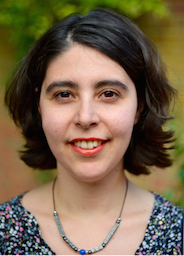
Maya Berger launched The Editor’s Affairs (TEA) in May 2020 with the aim of helping fellow freelance editors keep their business affairs in order. She is a CIEP Advanced Professional Member, and she gave seminars at the 2020 CIEP annual conference and the 2018 and 2019 SfEP annual conferences. She has also appeared as a guest on The Editing Podcast. Maya specialises in copy-editing and proofreading speculative fiction, erotica and academic texts in the humanities and social sciences.
After spending 13 years in the UK, Maya returned to her native Canada in October 2017 with her cat and editorial assistant, Idris. She currently lives and works in Toronto.
maya.berger@gmail.com | www.whatimeantosay.com | LinkedIn: https://www.linkedin.com/in/mayaberger/ | Twitter: @MayaBerger
Setting up Word styles and table of contents (ToC)
Monica Bosman
Week 26, 28 June 2021, 14:00–17:30
During this webinar, participants will be introduced to Word styles as a useful tool for saving formatting time and ensuring formatting consistency. They will learn how to set up and apply a new paragraph or heading style and how to modify it later, and how to insert an automatic table of contents once heading styles have been applied.
The main focus of this webinar will be on the most prominent aspects of setting up and applying a style, such as using the Styles pane and the Modify dialogue. It will also be an opportunity to answer participants’ questions relating to Word styles.
Since heading styles are so useful for inserting a table of contents, Monica will also show participants how to insert one at an elementary level. However, the workshop will not deal with the complexities of tables of contents.
People who register for this workshop will receive pre-webinar exercises to complete in advance of 28 June. The exercises will guide them around the Word workspace as it relates to styles so that they will already know their way around when we start and can follow the demonstration more easily. It will also prepare them for a short poll to be taken at the start of the webinar.
The workshop will entail a practical demonstration and some participants may want to follow along on their own version of Word for PC. For this purpose, there will be a technical introduction to help them split their screens or toggle between Zoom and Word. Those who want to follow along in this way should please open the pre-webinar exercise in Word before they sign in to the meeting – it will be used as the demo document.
Click here to register
About the presenter
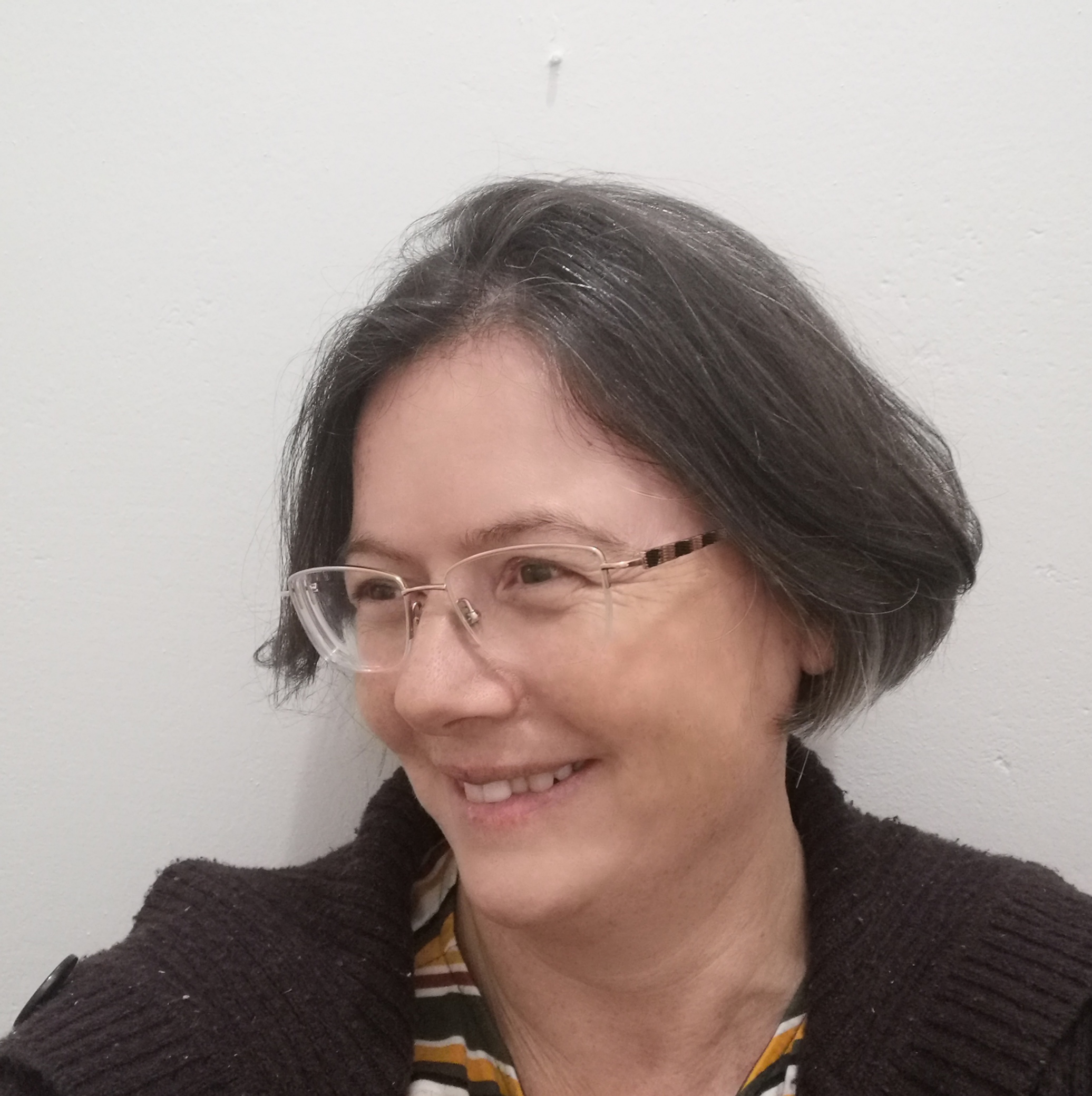
Monica Bosman studied languages, general linguistics and teaching at university. She began her working life as an English teacher and later became a linguistics lecturer at university level. In 2008, she ventured out on her own as a language practitioner, completing copy-editing and proofreading courses to prepare the way. Since then, she has been a member of the Professional Editors’ Guild.
Being interested in visual design, she also tries her hand at layout, typesetting and graphic design whenever the occasion arises. This is ultimately what led to her interest in mastering the Word Styles functionality, modification and application to document design and layout – and to using Styles as efficiently as possible.
Her other interests include gardening, herbal remedies and aromatherapy. Two fiery redheads and a feisty budgerigar share her space.
Macros by the tourist route
Paul Beverley
Week 27, Friday, 9 July 2021
Morning session: 11:00–13:00
Afternoon session: 13:45–15:00
During the past year, I’ve been working with a team of editors, with the aim of setting up a website to present the macros, and providing training materials to help people learn to use macros in editing.
The project is ongoing and the website isn’t yet available, but by working with editors/trainers who have only been using macros for a relatively short time, I have developed a get-you-started technique called “Macros by the tourist route” (MTR), that is, not too steep, so that the less technically minded editor can make it up the macro slope!
The training session will start with MTR in its two incarnations: PC and Mac. We will go on to give some pointers as to where to go next. Rome (and macro-enabled editing) wasn’t built in a day, but we can at least lay some firm foundations, and give you a blueprint for your future professional development.
Macros by the tourist route is a self-directed workshop (download it here for Windows or here for Mac), so if you were to have a go with it before the session then you’d get even more out of the day itself. (Compared to last year’s online workshop, this will start more slowly, but take you further along the same general direction. If you did last year’s training but are still not using macros regularly, then you should find this session helpful.)
Click here to register
About the presenter
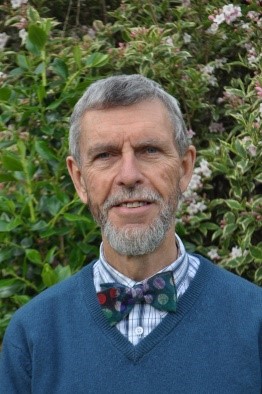
Paul Beverley has been creating macros for use by editors and proofreaders for over 15 years. The macros (more than 800 of them) are freely available via his website and are used in over 50 countries. In his ‘spare time’, he edits technical books on a professional basis because, despite having pension income, he enjoys editing far too much to stop altogether. He has also recorded over 150 videos, so that you can see the macros in action.
He lives in Norwich, UK, with his lovely wife, Sue, has two sons – one a programmer(!) and the other an international educational consultant – who have given him two lovely daughters-in-law and five adorable grandchildren. He considers himself well blessed indeed!
Search engine optimization (SEO) for translators
David Garcia Ruiz
Week 23, Thursday, 10 June 2021, 14:00–17:00
In the first part of the workshop, David will explain the mandatory things translators need to know about SEO. Then he will lead the participants through a variety of different activities where attendees will practise their skills to learn how to do keyword research, SEO translation and content optimisation, among other tasks. This webinar may well be of interest to non-translators who nevertheless want to learn more about taking SEO into consideration when creating text for the web environment.
Click here to register
About the presenter
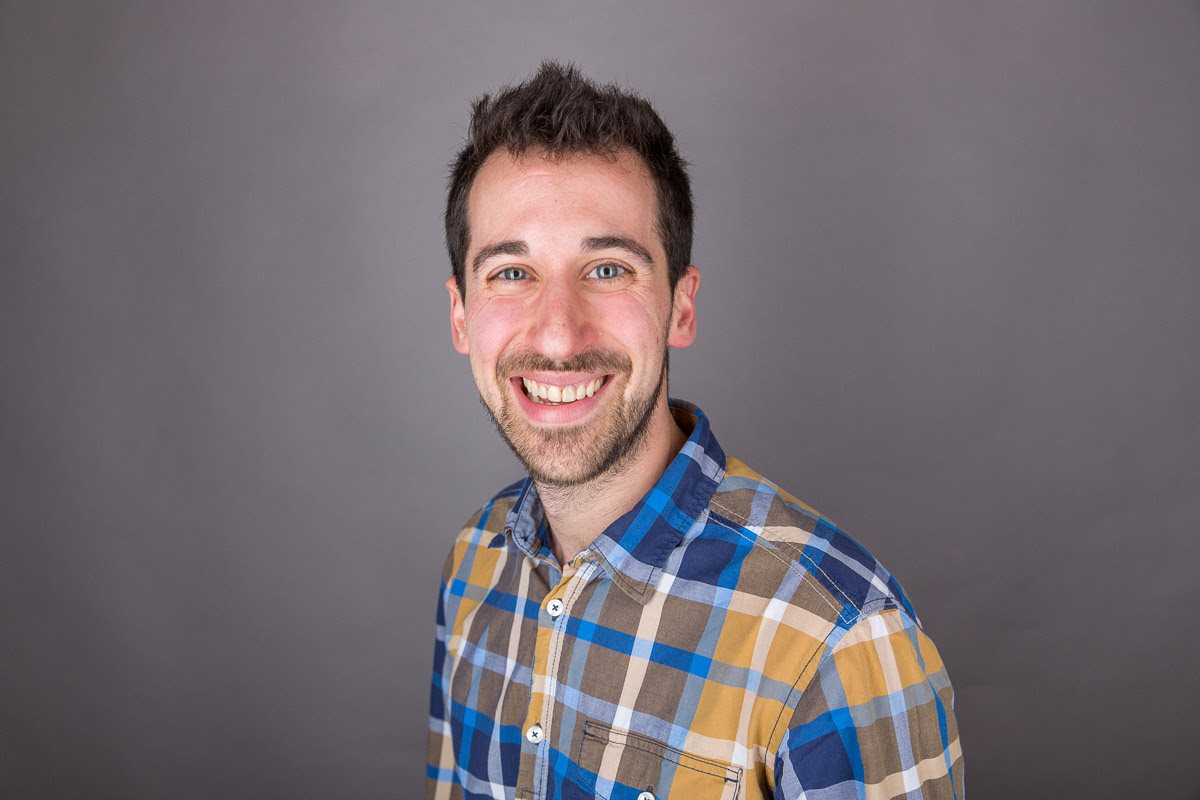
Born and raised in Spain and now resident in the UK, David Garcia Ruiz has provided multilingual SEO services since 2015. He has presented at several events for groups of professionals wanting to learn more about optimising their website content for global markets. He holds an MA in Translation from Swansea University and is a Qualified Member of the Institute of Translation & Interpreting (ITI), as well as a Member of the Chartered Institute of Linguists (CIOL).
We're putting together an exciting programme of online workshops for the summer of 2021.
Click here for the programme and fees.
Click here for an overview of the abstracts.
Dealing with language interference in texts
Joy Burrough-Boenisch, the Netherlands
After a brief recap on features of language interference, we’ll explore different forms of language interference in a variety of text extracts from a range of genres and discover and discuss ways of dealing with them. All the texts considered will be in English, but the ‘interfering’ language won’t always be Dutch: we’ll also look at English influenced by other languages and their writing conventions. So, expect to have to venture beyond your gezellig linguistic comfort zone but also to find that identifying and dealing with the often subtle linguistic influences and writing conventions from other languages that crop up in written English is intellectually satisfying and fun.
This 2½-hour workshop is limited to 16 participants. All will be sent a short homework assignment beforehand, which we will discuss during the workshop.
Register here.
About the presenter
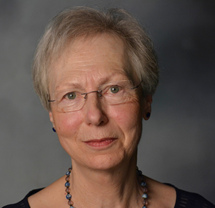
Joy Burrough-Boenisch (MITI) is a founder member and past chair of SENSE with a long career as a freelance authors’ editor and translator for Dutch academics and scientists. She has taught scientific English to graduate students and has presented webinars. She has given workshops for language professionals on editing non-native English in various European countries and for the European Commission. Her conference presentations include two in 2018 as an invited speaker at ATA’s New Orleans conference. Originally a geographer, she learnt to edit in Borneo and Australia before moving to the Netherlands, where her interest in second language interference and non-native English resulted in a PhD thesis on Dutch scientific English. As well as being the author of Righting English that’s gone Dutch (3rd ed 2013), she has various scholarly and professional publications on editing and non-native English to her name.
REFOCUS • REBOUND • REPEAT
An online panel discussion about risk-taking and agility in turbulent times
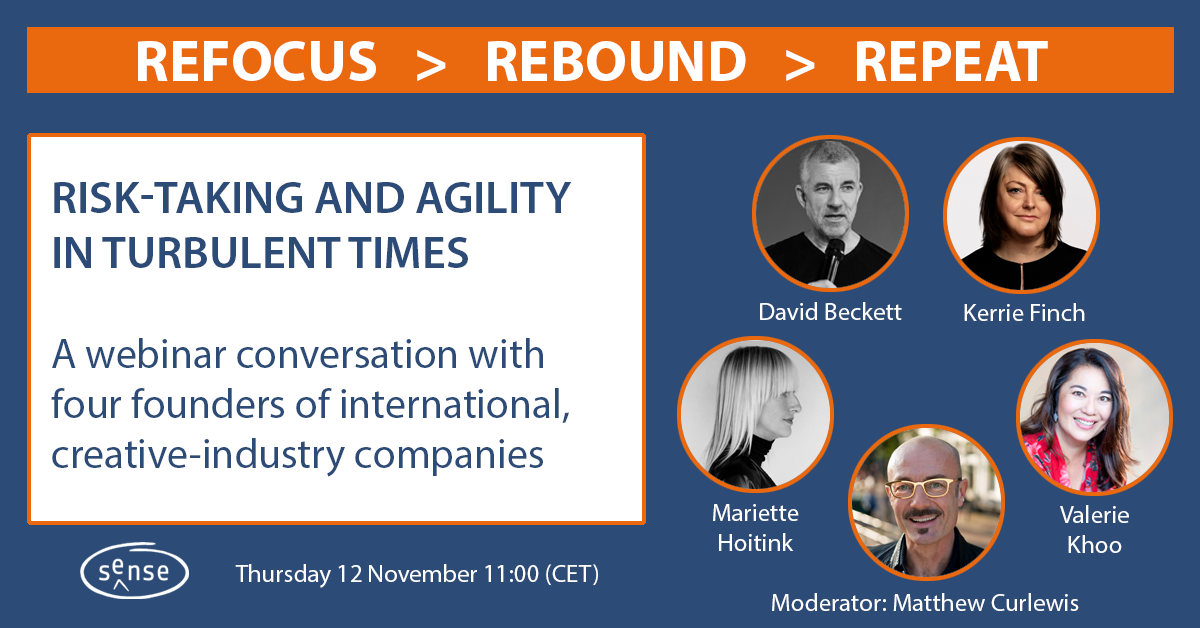
A 75-minute webinar on Thursday 12 November, commencing at 11:00 (CET) / 10:00 (GMT) / 21:00 (AEDT)
In recent years our speakers – four founders of international, creative-industry companies – have interacted, collectively, with tens of thousands of people. Between all the students, recruitment candidates, pitch trainees, and business leaders they’ve had contact with, what qualities most consistently define resilience? And from the many behavioural traits and tendencies they’ve observed, which ones best keep us in flow? These days uncertainty stretches beyond the horizon – one day a pandemic, climate change the next, followed by political and social unrest – what strategies can help us navigate through this unfamiliar territory? Drawing from our speakers’ diverse areas of expertise in writing and creativity, PR, fashion business, and pitch training, what are some tips and techniques on how to pivot and innovate? And what small steps taken today, can help us future-proof ourselves as freelancers, employees, and business owners, ready with positive energy for tomorrow?
In hopes that this conversation might offer some real support for people experiencing financial difficulties at this time, SENSE is providing this webinar free of charge.
Register here.
ABOUT THE SPEAKERS

David Beckett is an international pitch coach who has trained over 1100 Startups to win over €295 million in investments. He's also trained more than 16,000 professionals in corporate settings in 29 countries, as well as more than 30 TEDx speakers. David is the creator of The Pitch Canvas© and the author of the book Pitch To Win. In a previous life, David spent 16 years at Canon as a country director, before leaving in 2009. He then spent a year travelling and another year writing a book about Amsterdam, before running out of money. After taking on five jobs – and getting fired from two of those – he decided to focus on his passions of presentation and coaching.

Kerrie Finch Prior to founding futurefactor (formerly FinchFactor) in 2009, Kerrie Finch was PR Director at Wieden+Kennedy. There she wrangled brands such as Nike and Heineken, Coca-Cola and Electronic Arts. Kerrie has been voted into Adformatie magazine’s top ten industry influencers for the past three years. As Founding Partner & President of futurefactor, Kerrie continues to drive change in the industry, while advancing her work as the Netherlands representative for the Cannes Lions International Festival of Creativity, board member of the ADCN, advisory board member of IncludeNow, and the founder of SheSays Amsterdam.

Mariette Hoitink – a matchmaker at heart – is the founder of HTNK; Amsterdam’s premiere multi-disciplinary, full-service recruitment and consultancy agency. HTNK connects both creative and commercial professionals with clients, around the world, working throughout the entire supply chain for all disciplines within fashion, lifestyle and beauty; on recruitment, consultancy, business, and talent development. Mariette’s insider knowledge enables her to create complex value-connections for a variety of clients, and she’s an expert when it comes to sustainability and corporate social responsibility. Mariette is also an instigator of projects that contribute to the development of the creative industry as a whole, which include Red Light Fashion, Dutch Fashion Here & Now, The House of Denim Foundation, and Denim City, the denim innovation campus in Amsterdam with the first and only Jean School in the world.
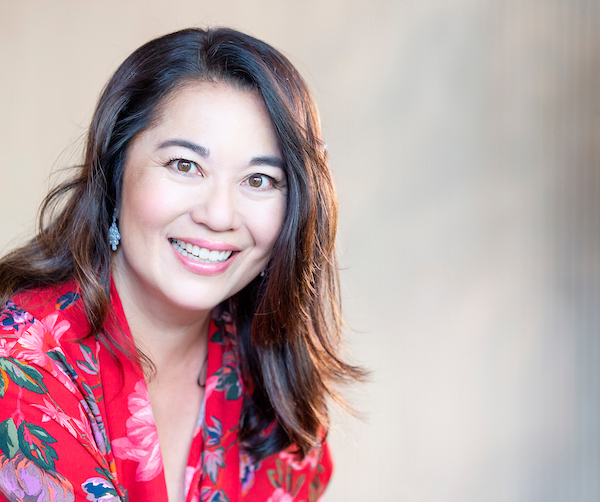
Valerie Khoo is a writer, mentor, artist and CEO of the Australian Writers' Centre, the country's leading centre for writing courses. She is a non-fiction author of multiple books, and former journalist who wrote for one of Australia's most reputable broadsheets for over 15 years. Valerie combines her work in the writing and publishing industry with her work as a visual artist. Her artwork has featured in multiple exhibitions and is licensed through companies all over the world. Valerie was also the City of Sydney’s Curator of the Sydney Lunar Festival for 2019 and 2020, an event that attracts more than 1.5 million people.
ABOUT THE MODERATOR
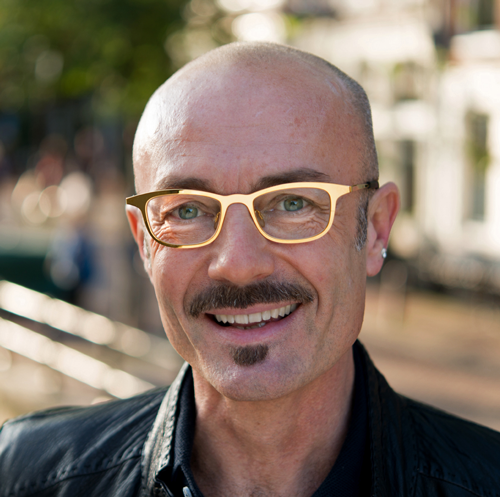
Matthew Curlewis is a freelance Senior Creative in the advertising industry, and the founder of Amsterdam Writers. His copywriting client list includes Emirates, PUMA, Gucci, Heineken, Macy's and Comedy Central, and his articles have appeared in The Guardian, Time Out, Amsterdam Weekly, CODE, Fantastic Man and Blume Illustrated. Matthew began his career as a performance artist and spent 20 years performing on numerous stages across Australia, North America and Europe, before shifting to hosting and presenting. For SENSE, Matthew is the Co-ordinator of Continuing Professional Development.
Best practice for revising translations
Brian Mossop, Canada
This workshop will be held in two parts.
The workshop will look at the reviser's tasks from the point of view of various constraints. The format will comprise brief theoretical presentations followed by text-based or scenario exercises focusing on the most effective way to carry out a given revising or editing task.
Here are the topics we'll look at over the course of the two days:
- What is revision: how should we see it? What is the best way to define quality for revision purposes? How should we integrate self-revision into the translation process? How important is it to have a translation revised by a second translator? Reviser/revisee relations and the need to justify changes. To change or not to change: principles for making corrections. Should we revise on paper or on screen? How much research should revisers do? How much attention should we devote to consistency? Conflicts of loyalty (to the various parties involved in a translation job).
- Degrees of revision: review entire text or just parts? review some or all aspects of a translation? compare every sentence of the translation to the source or just glance at the source when necessary?. Computer tools for revision. Revising well but also quickly. Abilities required of revisers.
If there is interest, we'll also look at revision within large translation departments and translation agencies: consistency among revisers; auditing the contribution of revision to a translation service.
Register here.
About the presenter
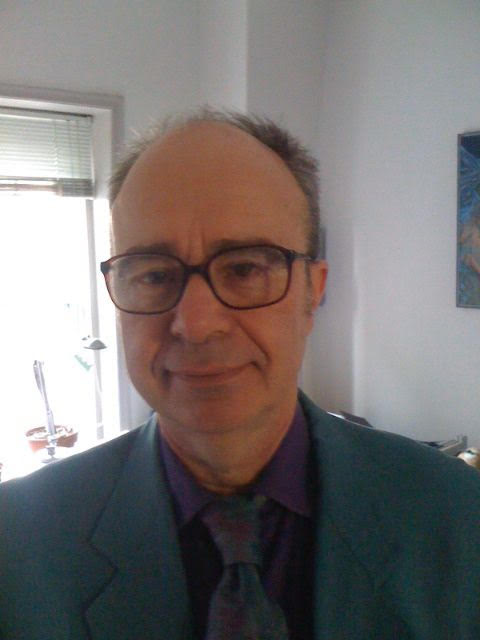
Brian Mossop was a French-to-English translator, reviser and trainer at the Canadian Government’s Translation Bureau from 1974 to 2014. He continues to lead workshops and webinars on revision in Canada and abroad. Since 1980, he has also been a part-time instructor at the York University School of Translation in Toronto, teaching revision, scientific translation, translation theory and translation into the second language. For more, visit www.yorku.ca/brmossop.
